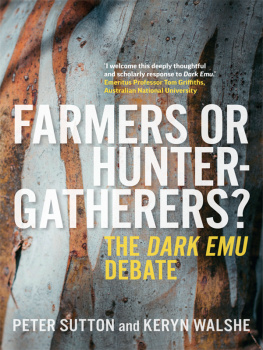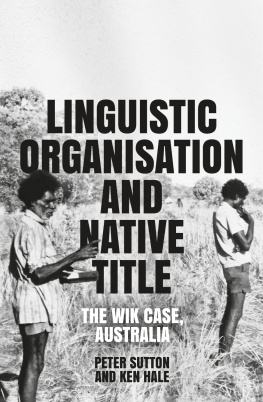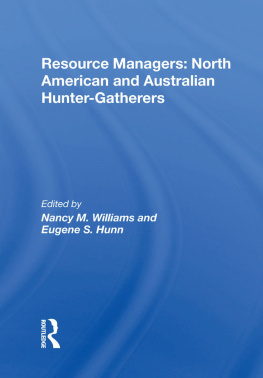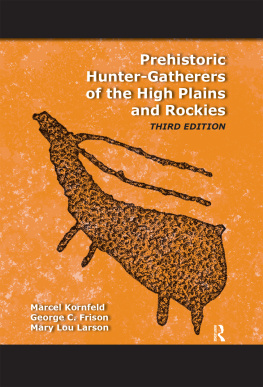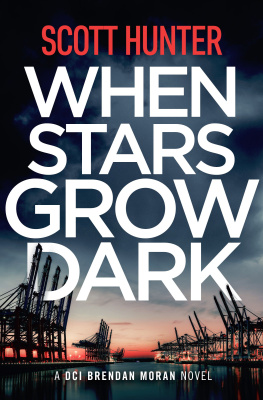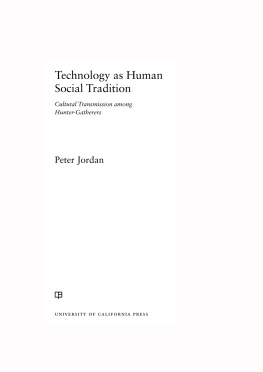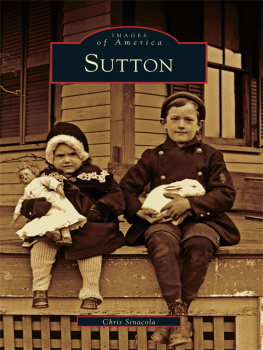A must-read book for those concerned with evidence-based truth-telling, which in this book has been shown to discredit the Pascoe thesis of social evolutionism as the true basis of Aboriginal economy before and after European colonisation.
Sutton and Walshe show that Pascoe tried, and failed, to overturn over a century of anthropological and archaeological study, analysis and documentation, in addition to Aboriginal oral testimony, of the ways of life, governance, socioeconomic behaviour, material, technological and spiritual accomplishments and preferences of Aboriginal people in classical society and on the cusp of colonisation.
This corpus of research overwhelmingly suggests that ancestors of Aboriginal people before and after European colonisation were predominantly hunters-gatherers-fishers, not agriculturalists. As Sutton points out, the Old People were proud but humble about economic practices of the ancestors, and the Old People still are.
That should give every young Aboriginal person in Australia a reason to also be proud of ancestors as hunters-gatherers-fishers.
Dr Kellie Pollard, Wiradjuri archaeologist, lecturer and researcher, Charles Darwin University
I welcome this deeply thoughtful and scholarly response to Dark Emu. Peter Sutton and Keryn Walshe pay Bruce Pascoes work the respect of a forensic analysis. This richly satisfying study draws on generations of research and cross-cultural dialogues on Country to offer a complex portrait of First Nations cultures, economies and spirituality. Farmers or Hunter-gatherers? is infused with a profound esteem for the unique achievements of humanity on this continent over millennia.
Emeritus Professor Tom Griffiths, Australian National University
This book is a much needed and important corrective to Pascoes Dark Emu. It is an important work because its target has been well received by governments and the public. Dark Emu has been widely read but is misleading as to the character of precolonial (and in remote areas, more recent) Aboriginal economies. This formidably well researched volume provides an extended, scholarly and readable critique.
Dr Ian Keen, Australian National University
This book takes Pascoes Dark Emu to a higher level of constructive debate, providing a win-win for traditional Aboriginal knowledges and for those who seek to explore them. Peter Sutton draws from his Aboriginal mentors of 50 years, many of whom were amongst the last of the Old Peoples to have lived off the land. In putting forward the combination of their vast ecological knowledge and their spiritual propagation knowledge, a most impressive harvest of the ethnographic sources occurs, resulting in a more complex and balanced understanding of the hunter-gatherer-fisher economies that brilliantly sustained one of the oldest living cultures on the planet.
Professor Paul Memmott, University of Queensland
FARMERS OR HUNTER-GATHERERS?
THE DARK EMU
DEBATE
PETER SUTTON and KERYN WALSHE
MELBOURNE UNIVERSITY PRESS
An imprint of Melbourne University Publishing Limited
Level 1, 715 Swanston Street, Carlton, Victoria 3053, Australia
www.mup.com.au
First published 2021
Text 2021, Peter Sutton and Keryn Walshe
Design and typography Melbourne University Publishing Limited, 2021
This book is copyright. Apart from any use permitted under the Copyright Act 1968 and subsequent amendments, no part may be reproduced, stored in a retrieval system or transmitted by any means or process whatsoever without the prior written permission of the publishers.
Every attempt has been made to locate the copyright holders for material quoted in this book. Any person or organisation that may have been overlooked or misattributed may contact the publisher.
Text design and typesetting by Cannon Typesetting
Cover design by Philip Campbell Design
Cover image photo by Jade Stephens on Unsplash
Printed in Australia by McPhersons Printing Group
9780522877854 (paperback)
9780522877861 (ebook)
For Enkidu and Gilgamesh
About this book
of this book were written by Keryn Walshe. The remainder of the book was written by Peter Sutton.
In this assessment we mainly use the original 2014 edition of the book Dark Emu when referring to its contents, and page references refer to this edition. Minor alterations to that text were made in the 2018 edition, and we reference these accordingly where mentioned.
Note that parts of quotations that are in in italics are to be understood as emphasis added, not emphasis in the original, unless the latter is stated.
Aboriginal and Torres Strait Islander peoples are advised that the book contains the names and images of people who have passed away.
Contents

The Dark Emu debate
This book is about a debate over how Australias First Peoples lived, and made a living economically, before conquest by the British Empire. Were they farmers, hunter-gatherers, or something in between?
The issues have come to be debated by a wider than merely academic public since Bruce Pascoe published his book Dark Emu: Black Seeds: Agriculture or Accident? in 2014. Here, Dr Keryn Walshe and I approach the relevant facts and interpretations from a scientific and scholarly point of view, as free as possible from identity politics and racial polemics.
I have described our focus as on Australia before conquest, not before settlement, for some very good reasons. Australia was not settled in or after 1788 by British, Asian and other non-Aboriginal people, as if the lands were void of human societies. Settlement is accurately applied to the occupation of previously uninhabited lands, such as the Norwegian migration to sland (Iceland) and the Mori migration to Aotearoa (New Zealand). It is not an accurate description of the uninvited imperial British invasion of Australian First Nations territories, followed by the subjugation and displacement of the Indigenous Australians who were the lands owners. While this usurpation was happening, Aboriginal land tenure systems were ignoredand replaced, in the eyes of the colonials, by property laws imported from England. It was not until 1992 that Australian law recognised that pre-existing Indigenous titles of 1788 could, to varying degrees, have survived these usurpations, and the living native-title holders of certain lands and waters could be acknowledged as such.
The real discoverers, pioneers and early settlers of Australia the people who actually opened up the countrywere the people who arrived around 50,00055,000 years ago (see Appendix 1), when what are now New Guinea, mainland Australia and Tasmania were a single landmass known today as Sahul. They are rightly called the First Australians, and their descendants have in recent years been accurately referred to as First Nations People. For longer, in recent centuries, they have been known as Aborigines or Aboriginal people. These terms also refer to First People, because they derive from the Latin expression





